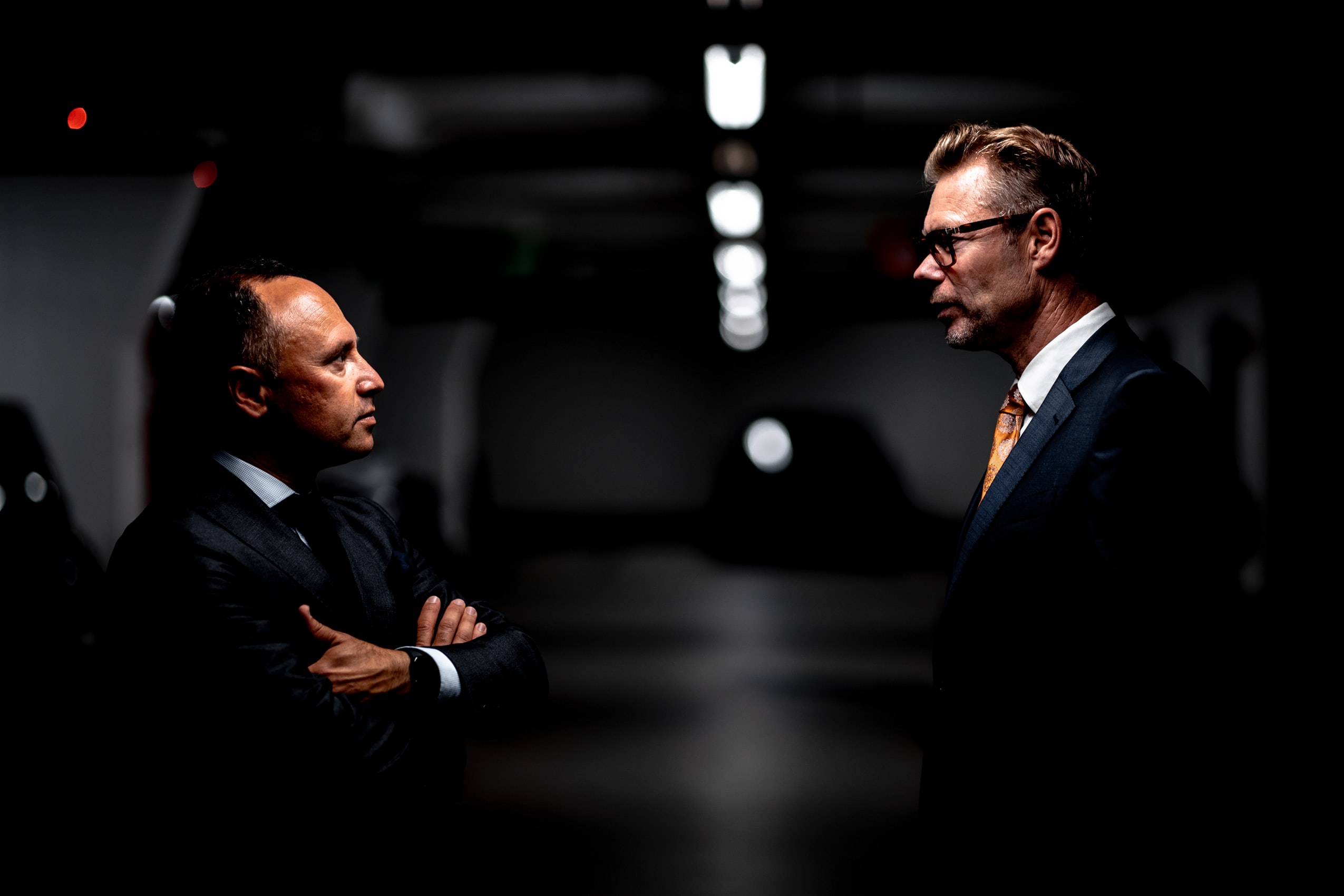
We see it all the time in my line of work. A call comes in from a progressive institution that is seeking diversity, equity, and inclusion consulting. The conversation always starts the same — “I would like to see if you understand our mission? Unlike your other clients, D&I is one of our lived values. We would like one of your most progressive and diverse (that is not a thing) consultants to help advance our inclusion initiative.”
Progressive businesses, non-profits, and grass-roots advocacy groups—the same organizations who inspire us daily, have a little secret most D&I practitioners are failing to call out. Their own wokeness and advocacy create a barrier for belonging within their organizations. Their jobs are ones that intentionally tear down the status-quo in order to advance social justice. While an asset to the advancement of their cause, an internal culture built on counter attacking in order to advance social responsibility becomes the workplace norm. After all, these employees recognize bias, and embrace accountability in addressing systemic racism and root causes of inequity. But the problem is that often times social justice advocates become educated before they have taken the time to do the personal work that is required in order to overcome their own biases and blindspots.
What I mean by “personal work” is admitting to, and working towards, fixing their own bias. Surrounding themselves with people who act and think the same way they do is a guaranteed way to stunt cultural growth. Without expanding your personal network, and being open to discussion and criticism; there is no way anyone can understand the experiences and/or oppressions people feel. Along those lines, being able to call oneself out on unconscious biases is paramount. Without this, organizations will never be able to elevate their understanding of social justice, and their ability to accomplish the work.
Truthfully, with any social issue, you can’t really understand a problem until you view it from multiple perspectives. And in the world of social progress, people are viewing others vs. themselves. It’s a form of self-righteous defense – “We are a progressive organization. It’s not my job to educate people etc.” It is a complete disconnect from the very mission they are compelled to advance. When in reality, if any social gains are made to endure, they always need buy-in from those who disagree. This means seeking common ground and educating those who are barriers to their own belonging.
Looking at oneself in the mirror is never easy. It’s often work most organizations don’t have an appetite for. But at the end of the day, all forms of diversity work necessitate deep personal understanding, preferably in advance of any external facing work. The absence of personal awareness of blind spots and biases sets an unfortunate trap for self-sabotage in the form of microaggressions, tone deafness, and unnecessary defensiveness. Do the work before you start calling out the people around you, including and especially your allies. Until the personal work is done, the woke wars will continue.
Interested in learning more about personal work? Have you and your team read Overcoming Bias or reach out to TMI Consulting, Inc.

